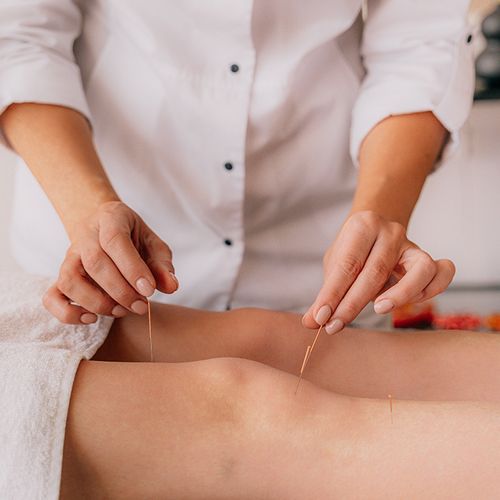Powerful opioids taken after surgery can have powerful side effects, but new research finds that using acupuncture before and during an operation cuts a patient's need for the painkillers.
"From a pain perspective, you can reduce the amount of morphine that the patient uses and improve the quality of analgesia and pain control," said lead researcher Tong J. Gan, MD, a professor and vice chairman of anesthesiology at Duke University Medical Center, in Durham, North Carolina.
Morphine is a type of opioid, a category of potent painkillers that often produce side effects, such as nausea and vomiting.
The Study
In the new study, Dr. Gan's team analyzed data taken from 15 small, randomized clinical trials looking at the use of acupuncture to reduce postoperative pain.
The analysis found that acupuncture received 30 minutes before and during surgery, could reduce common side effects of morphine experienced by eight out of 10 patients. It reduced post-op itchiness by 30%, nausea by 50% and dizziness by 60%, Dr. Gan said, in part because it lessened the need for morphine.
Acupuncture Also Reduces Urinary Retention
One expert said Dr. Gan's finding that adjunctive acupuncture can reduce urinary retention by 35 times is especially important.
"The risk reduction is huge," said Kenneth Levey, MD, a clinical assistant professor of obstetrics and gynecology at New York University School of Medicine in New York City. Urinary retention is not only uncomfortable for the patient but the use of a catheter to relieve it increases the risk of infection, he said.
Acupuncture In The Operating Room
The studies also show that acupuncture could be of benefit following many types of surgeries, said Dr. Gan. Chinese acupuncture was the style used in the studies he reviewed, but similar effects would occur with other styles and whether needles, electrical or manual acupuncture were used, Dr. Gan speculated.
Adjunctive acupuncture is "not widely used because people need to be educated," Dr. Gan said. To use it, surgeons need training but they don't "need to know every acupuncture point.
Only a few are important points to relieve this discomfort."
Dr. Gan said he uses acupuncture in about 20% to 30% of the surgeries he's involved with. He said that few patients decline to use adjunctive acupuncture, and when they do it's usually because they have little knowledge of it.
Acupuncture "is becoming increasingly accepted by both physicians and patients," added David P. Martin, MD, an anesthesiologist at the Mayo Clinic in Rochester, Minnesota. He said the technique could be helpful whether it is used to lower morphine doses or other opioid painkillers, or whether it is used to relieve nausea.
He questioned, however, how widely acupuncture could be used during operations because "acupuncture needles tend to get in the way" in crowded operating room conditions.
"For optimum pain control with minimum side effects, opioids plus acupuncture are the way to go and hopefully will become more widely accepted," Dr. Levey added.
